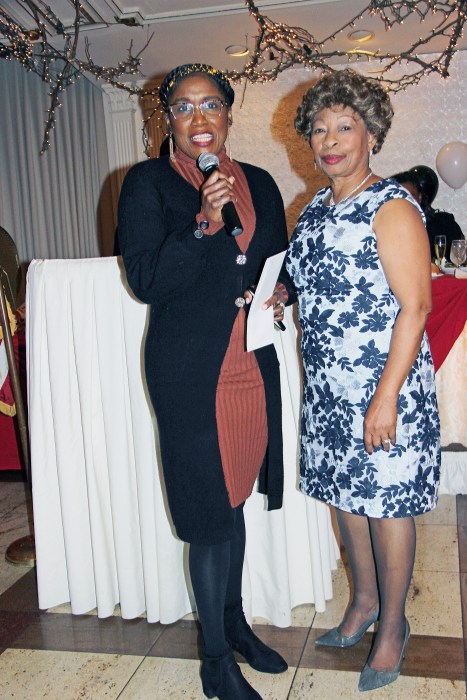Aboriginals often refer to animals, plants, rivers, and mountains as relatives — a cultural trait that can lead to a close connection with the environment. In fact, co-management of ecosystems with First Nations people can offer great gains for our wildlife and ecosystems.
There are many examples where indigenous people have been removed from their lands, only to have those ecosystems degrade rapidly in the absence of traditional activities.
Rare Garry Oak woodlands on Vancouver Island are a great example. The savanna systems were sustained by traditional burning, which First Nations did in part for camas bulbs, a food source for many native peoples in the western United States and Canada. Without regular burning, this ecosystem gets taken over by underbrush. Several other threatened and endangered species depend on the Garry Oak ecosystems.
As sockeye salmon vanish and the mountain pine beetle causes colossal infestation in our forests, traditional ecological knowledge has never been more important for conservation and resource management. Fortunately, it has also never been so available, and several protected areas, such as the Gwaii Hanaas National Park, are being co-managed by federal or provincial governments with First Nations people. This collaborative model is appropriately respectful and makes just plain good sense.
Aboriginal stewardship and traditional ecological knowledge:
• Coastal First Nations people were not strictly hunter/gatherers: They cultivated or enhanced many species of plants and animals.
• Coastal First Nations managed salmon rivers so effectively that they sustained bountiful catches over millennia — by some estimates, as great as the best years in recent history.
• Dire mistakes (for example, over harvesting) from the distant past were remembered through complex oral histories.
– Kai Chan is an assistant professor and Canada Research Chair at the Institute for Resources, Environment, and Sustainability (IRES) at UBC. Penny White (Tsimshian First Nation House of T’amks in the Gispudwada clan) is a M.Sc. student at IRES. vancouverletters@metronews.ca.
















